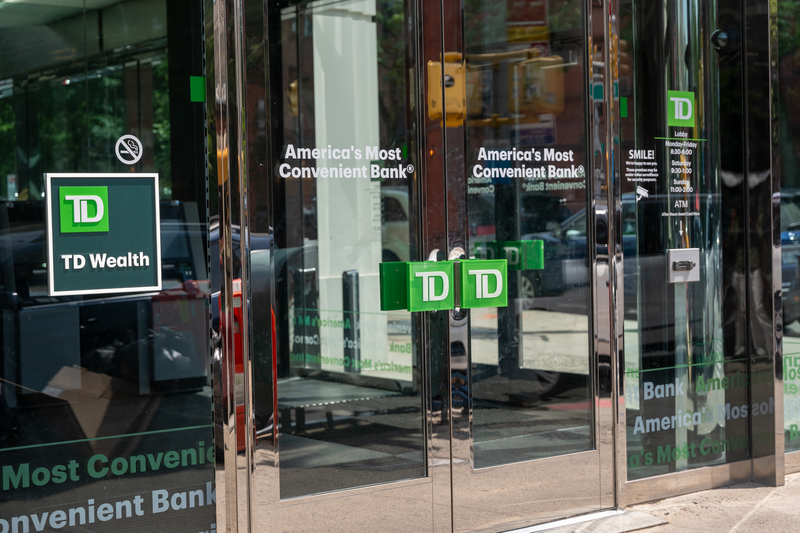The bank’s AML controls have been under scrutiny for a number of years, but new allegations emerged in May that Chinese crime groups were able to exploit weaknesses to hide funds derived from sales of fentanyl in the US.
The bank said at the time that it expected additional penalties and it appears that it now has enough insight into what these might be to produce an estimate.
A news release stressed that the bank “continues to actively pursue a global resolution” to the various investigations into its inadequate AML program by the DOJ, FinCEN as well as US prudential regulators. The bank does expect to put the scandal behind it by the end of 2024, but indicates that it is also expecting non-monetary penalties.
The bank has emphasized that it “maintains strong balance sheet and capital ratios,” a message that has clearly been deemed necessary by the size of the fine. This has also led the bank to sell 40.5m shares in The Charles Schwab Corporation leading to a reduction in ownership interest from 12.3% to 10.1%.
Remediation work
Bharat Masrani, Group President and Chief Executive Officer of the TD Bank Group, said that the bank recognized how serious the AML program deficiencies have been, but suggested that the remediation work connected to these systems and controls was “well underway.”
According to Masrani: “TD has strengthened its U.S. AML program” by expanding the teams to include “experts from regulatory agencies, law enforcement and government” and that it is also “making important investments in data and technology, training, and process design.”
It is clear that the bank is keen to move on from this painful investigation, but the size of the fine is indicative of the seriousness of the deficiencies. It also illustrates just how much money is being made as a direct result of criminal and other unlawful activities. Disguising the origin of such funds is a key objective for criminal groups who continuously seek pathways into the financial system for such funds.
The size of the fine that will potentially be levied here is a clear warning sign that the cost of inadequate systems and controls can be very high. Unfortunately, the consequences can often lead to operational friction, which itself can have a detrimental impact not only on bank profitability, but also on the business and consumer.
Messaging from the regulators
AML-oriented enforcement actions comprise a sizable amount of the fines levied by US regulators. And the growing sophistication of financial criminals has led regulators to increase the penalties imposed on financial institutions, sending strong signals to such businesses that they must keep pace with provable, sufficient AML controls.
Last year, Deutsche Bank and its US affiliates were fined $186m by the US Federal Reserve for persistent weaknesses in its controls on sanctions compliance and transaction monitoring – despite being fined $99m a few years prior for the same issues.
That bank then responded by enhancing the effectiveness and size of its global Anti-Financial Crime team by more than 25% to more than 2,000 employees.












